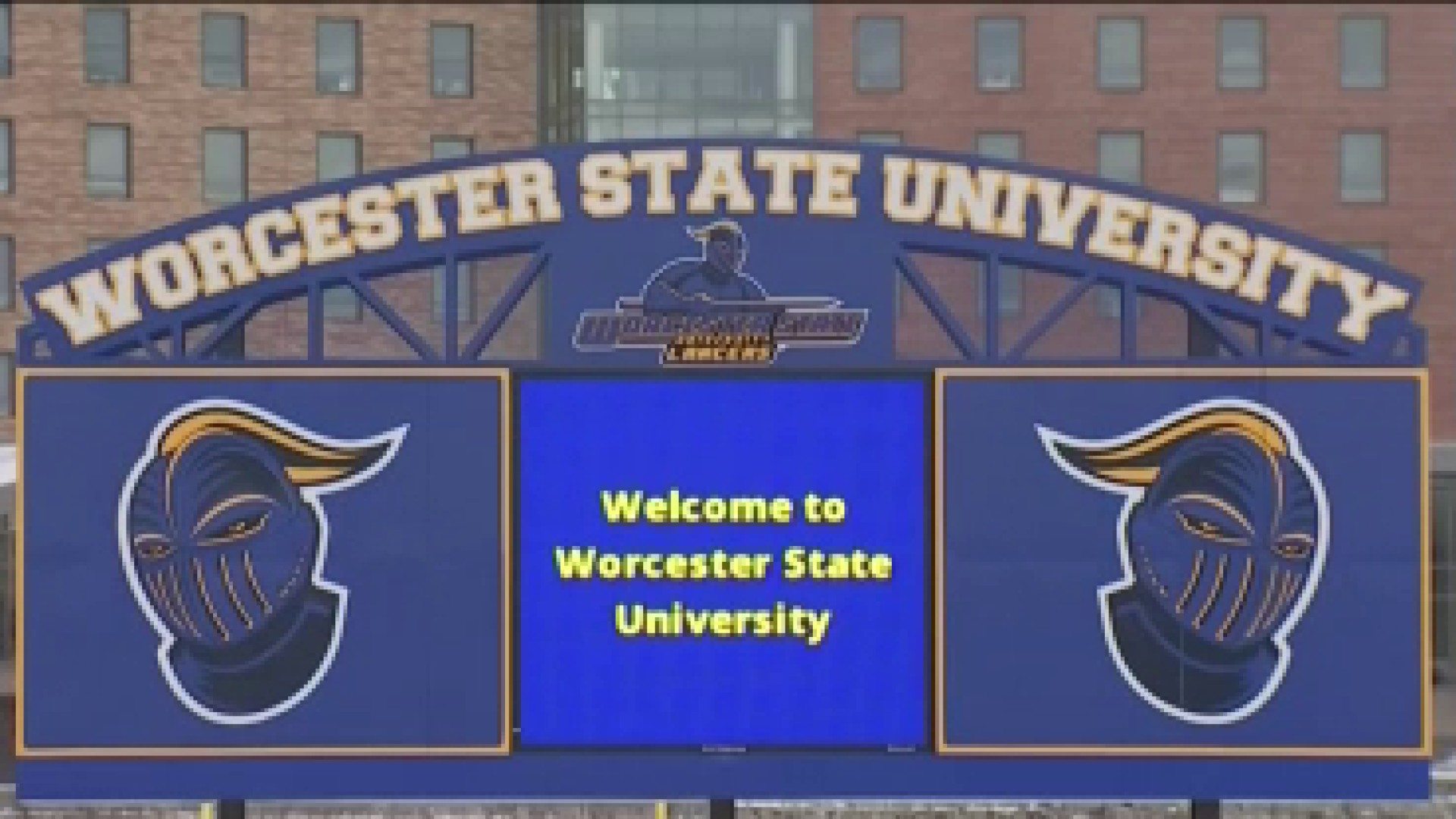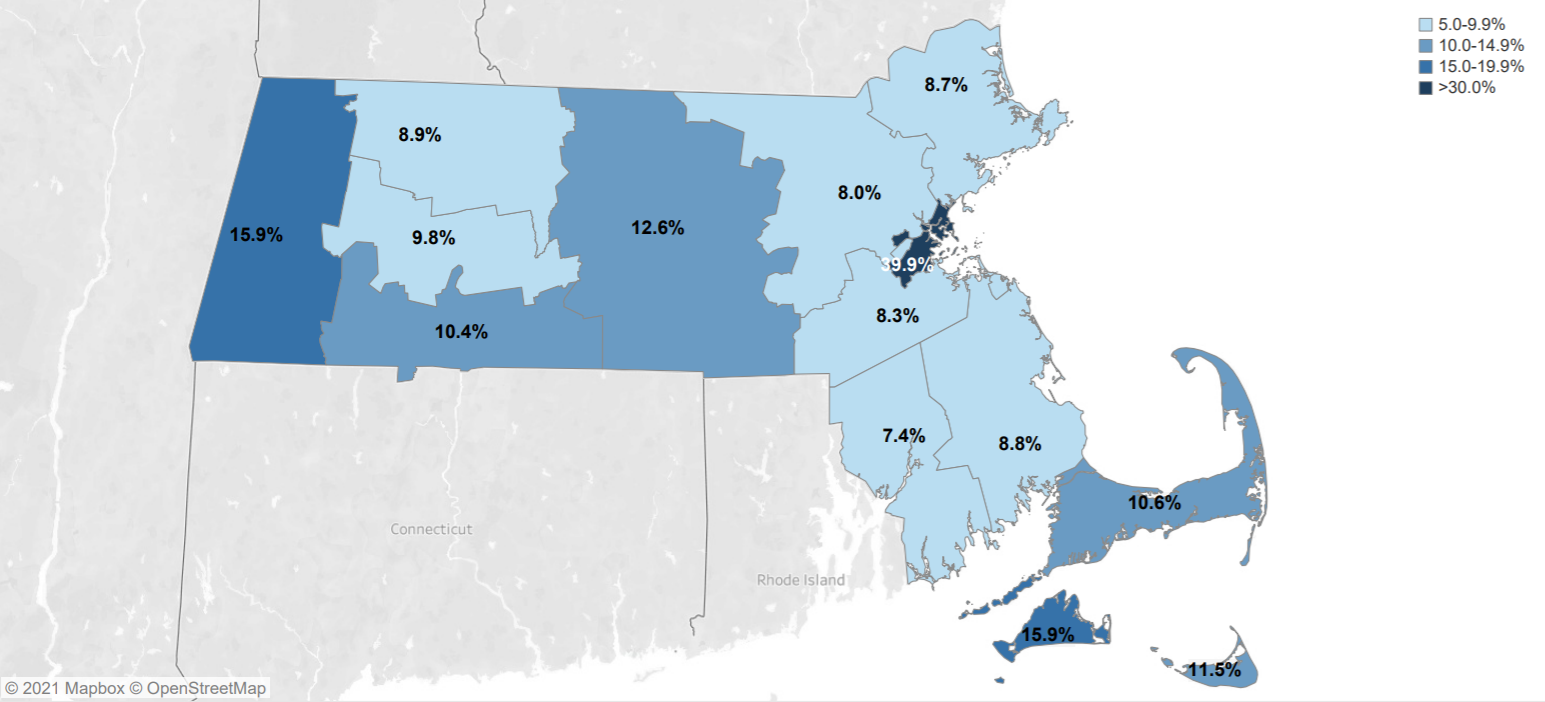It's been months since Massachusetts has added any new states to the list of lower-risk states on its travel order.
Since late November, Hawaii has been the only state that Massachusetts residents can travel to without having to quarantine for 14 days or else test out of quarantine restrictions upon their return.
On Thursday, Gov. Charlie Baker announced that he was easing capacity restrictions on restaurants, gyms and other businesses due to the progress that has been made in several key coronavirus metrics in recent weeks.
When new states are added, the travel order typically gets updated on Fridays. But Baker indicated Thursday that he may not be ready to make any changes yet, at least not without coordinating with other area states first.
"There is certainly a trend nationally where cases are coming down in most places," he said. "The slope of the line varies from state to state and the length of the line varies from state to state. Hospitalizations have also seen a peak and are coming down. But the same thing is true there -- some (states) have been coming down for weeks and some are just starting to come down."
"There's a seven-group state conversation that goes on almost every week. People have talked about the travel stuff," Baker added. "But it's the sort of thing if we were to choose to go there, we would want all seven states to do something together at the same time... It is something we are as a group talking about."
Get top local stories in Boston delivered to you every morning. Sign up for NBC Boston's News Headlines newsletter.
To be included on Massachusetts' list of low-risk states for travel, a state must have fewer than 10 average daily cases per 100,000 people and a positive test rate below 5%, both measured as a 7-day rolling average.
Travelers from states that aren't on the low-risk list must fill out the Massachusetts Travel Form and quarantine for 14 days, according to state guidelines. That includes anyone who's coming from a low-risk state but stayed for more than a transitory period of time in the last 14 days in a higher-risk state.
State guidelines say travelers do not need to quarantine for 14 days if they took a test for COVID-19 and have already received a negative result. The test must have been taken no longer than 72 hours before someone's arrival in Massachusetts, and it must be by a method approved by the Massachusetts Department of Public Health.
There are some exemptions, however, including for people who regularly commute to a higher-risk state to attend school or work.
Travel increases your chances of spreading or getting COVID-19, which is why the Centers for Disease Control and Prevention recommends delaying travel at this time.
In late January, President Joe Biden ordered a travel ban stopping non-U.S. citizens traveling from South Africa from entering the U.S. and extended travel restrictions for Europe, the U.K. and Brazil amid concerns that more contagious Covid variants were spreading.
Biden also signed a executive orders mandating face masks on airplanes, trains, buses and at airports and requiring international travelers to present a negative COVID-19 test before entering the U.S. and quarantine upon arrival.
As more people get vaccinated for COVID, travel is expected to gradually ease up.



